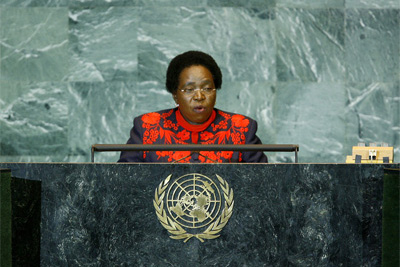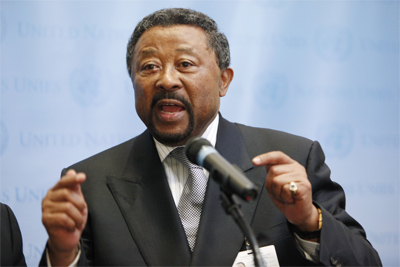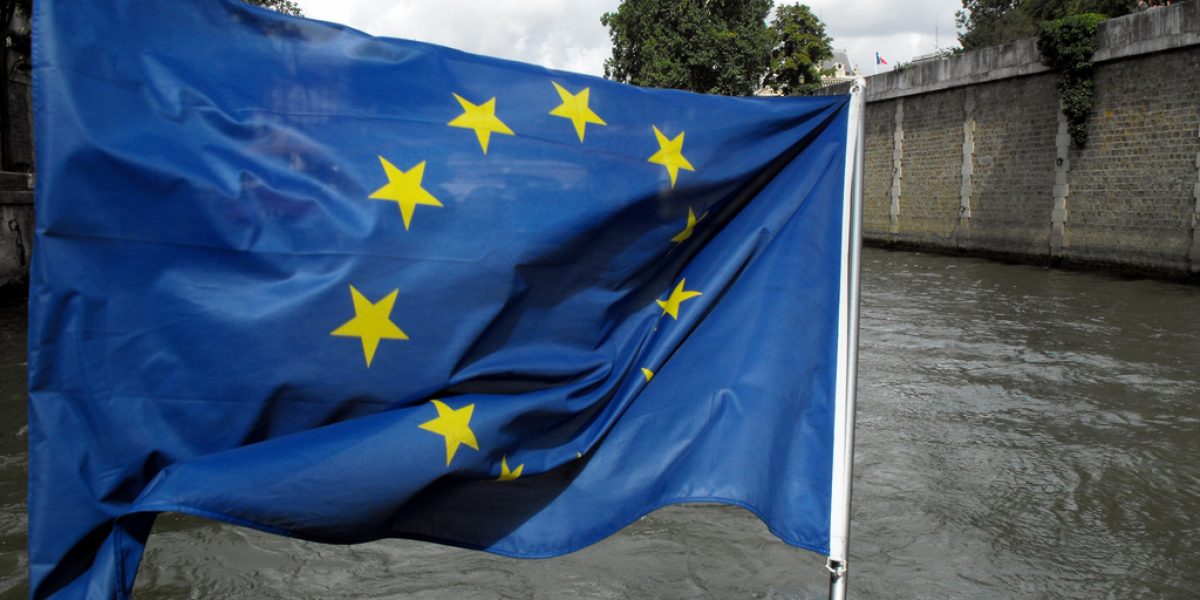Under the weight of United Nations Security Resolution 1973, which validated an intervention led by the North Atlantic Treaty Organisation (NATO), Colonel Muammar Gaddafi met his death brutally on 20 October 2011 at the hands of his fellow citizens. This marked the end of Gaddafi’s tempestuous relationship with the West, oscillating through various cycles – from a dangerous bogeyman in the 1980s, to ally from the late 1990s, and ultimately to the default mode of ‘supreme leader’ and dictator in 2011, capable of inflicting a large scale massacre on fellow Libyans in Benghazi. If Gaddafi was a pantomime villain leader in much of the West and generally unwelcome in many Arab states, public opinion in Sub-Saharan Africa showed a mixture of solidarity and compassion for Gaddafi’s Libya.
Notwithstanding Libya’s divisive and at times aggressive external posture, including in Africa, this solidarity could be explained by Gaddafi’s anti-imperialist rhetoric and pan-Africanist ideals – anchored on petrodollar diplomacy and generosity toward certain African states, Islamic faith-based movements, traditional leaders, liberation movements and political parties, including the African Union. A mélange of policy schizophrenia was therefore evident when South Africa agreed to resolution 1973, but later opposed what it considered NATO overreach.
Though the intervention was NATO-hatted, the leading role played by France and the United Kingdom in convincing a hesitant White House to mobilise NATO and US military assets attest to the displacement of international humanitarian normative interests by specific European security concerns in the immediate European neighborhood. In light of this argument, Gaddafi’s death and the change of regime in Tripoli are seen in some African capitals as having been facilitated by ‘foreign’ European intervention.
The helplessness of the African Union (AU) in limiting the scope of this ‘foreign’ intervention at a time when Africa is seeking a more robust role in dealing with continental challenges, and a visible identity in international affairs, is likely to create a negative feedback loop in the evolving Africa-Europe institutional and political eco-system, if not addressed decisively. Though NATO declared victory and the intervention over on October 31, after the political dust-up, conundrums are likely to emerge in what was becoming in recent years a sound Europe-Africa institutional relationship. Three critical challenges risk emerging out of the debris in Libya.
The first major challenge, which the AU-EU partnership has not been able to resolve in a political sense, remains the hierarchical framing of African geopolitical considerations in Europe, including the appropriate institutional infrastructure to deal with these. As the Libyan case highlighted, in European politico-strategic calculations, North Africa is part of the European neighborhood and constitutes a different, higher order political threat configuration, of which terrorism, broader stability in the Middle East and migration are the most salient. In light of these considerations, high strategic means can be deployed to deal with challenges in that part of Africa. Through the Barcelona Process of 1995 and the EURO-MED policy instruments, Europe clearly regards the Maghreb region as ‘an exceptional case’, whose threats are considered as immediate European problems. This explains in part why NATO was the chosen institutional platform to lead the intervention in Libya. After all, the EU’s Common Security and Defence Policy frames Sub-Saharan Africa as a different second order threat to European interests where NATO-hatting is unlikely.
However, the AU’s continental ideals about unity seem to be indifferent to these European policy imperatives, or perhaps don’t appreciate them sufficiently. For its part, European rhetoric does not seem to engage the AU in a manner that allows African policy-makers to see a comprehensive and shared symmetric framework around the Maghreb. With Libya behind and going forward, elevating dialogue around the status of the Maghreb should be part of the AU-EU strategic discussion. Africa for its part should insist on the construction of the Maghreb as an African issue. This may allow for a new, shared AU-EU consensus to emerge around this contested region.
The second challenge goes beyond specific AU-EU concerns. It essentially implies wider doctrinal and normative challenges regarding the application of the ‘responsibility to protect’ norms in the African context. AU reluctance to endorse a broad coalition under NATO in Libya whose UN mandate was the protection of civilians, undoubtedly reinforces Africa’s questionable commitment to the idea and practice of humanitarian intervention. How the dialogue about these accepted norms proceeds and the modalities under which intervention is warranted, including the best institutional platforms to deal with such issues, constitute a point of friction for the future of the AU-EU relationship. Dialogue should be deepened around these issues.


The third challenge entails the potential stresses emerging out of NATO’s intervention within the AU subsystem of foreign policy relations and institutional architecture. As a consequence of Libya, divisions emerged among African states, with certain countries such as Sudan covertly supporting regime change in Tripoli. Tensions are now brewing within the AU subsystem with South Africa’s fielding of a candidate (Nkosazana Dlamini-Zuma pictured, aboved left) against the incumbent AU Commission President, Jean Ping from Gabon (pictured, above right). South Africa’s push for a new face in Addis Ababa is linked to its desire to see closer cooperation between the AU and UN in the aftermath of the Libyan affair. However, Francophone Africa seeking to keep one of their own, with French and by implication European support for Jean Ping, appears certain against what some could see as an ‘excessively’ assertive South Africa-led Anglophone role in African affairs.
How Europe and Africa deals with the ‘post-Libyan issues’ would not only be a matter of managing contentious inter-institutional normative and geographic aspects, but also how the African subsystem of foreign policy relations deals with the post-Gaddafi debris on its own. The cacophony of contrasting African voices on the Libyan question suggests that Africa will not react with alacrity toward Europe. But the AU-EU relationship as a form of inter-institutional regional cooperation must still decide what it wants to become when it grows up. It needs to reach a sound normative and institutional level where both actors agree on what constitutes human rights violations, good governance and democracy. Both partners must agree on how best to proceed when these demands are not met in member states. At present, there is no sane alternative other than the normative and institutional deepening of the relationship within a framework that takes cognisance of African expectations and sensitivities.








